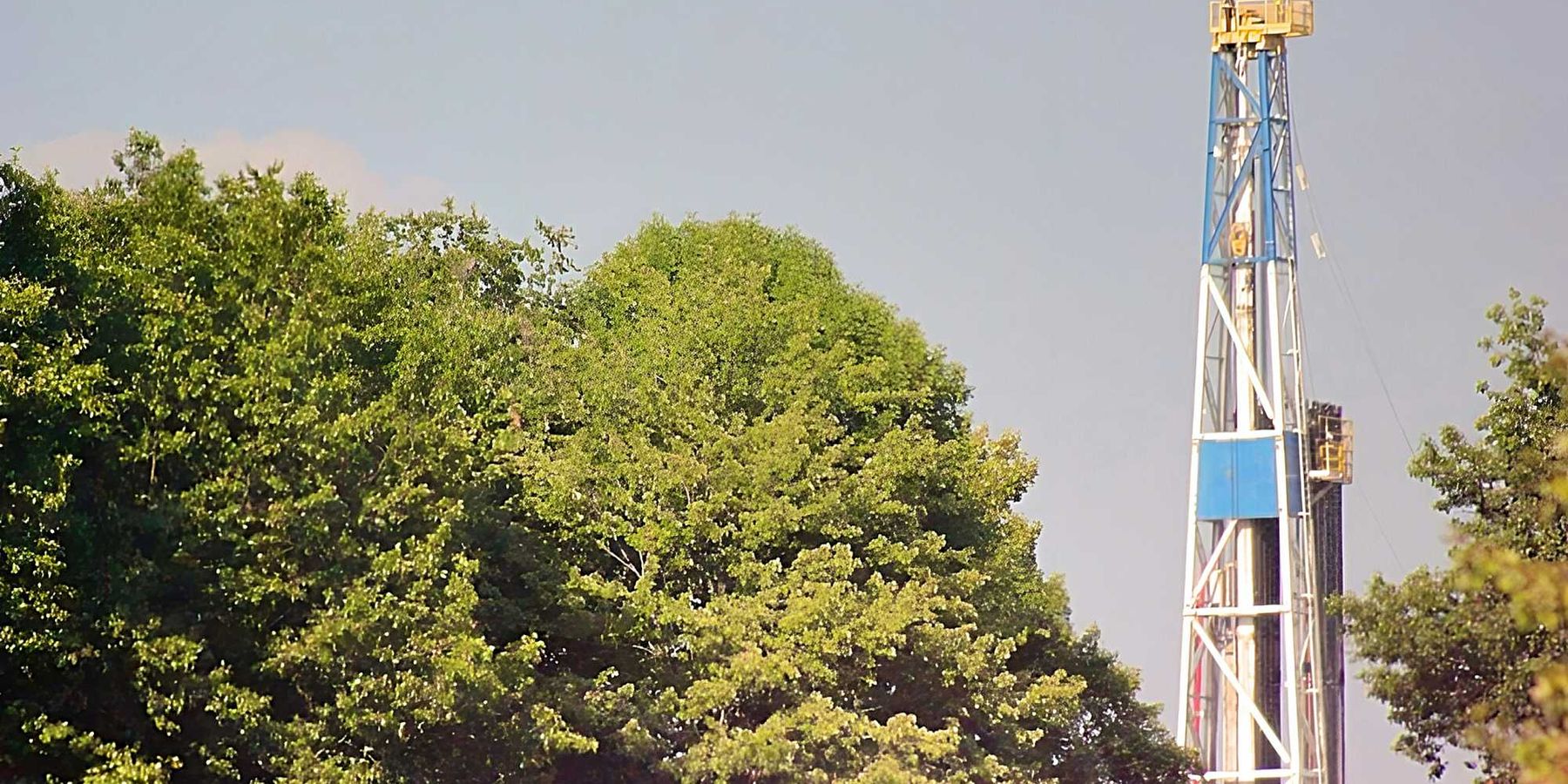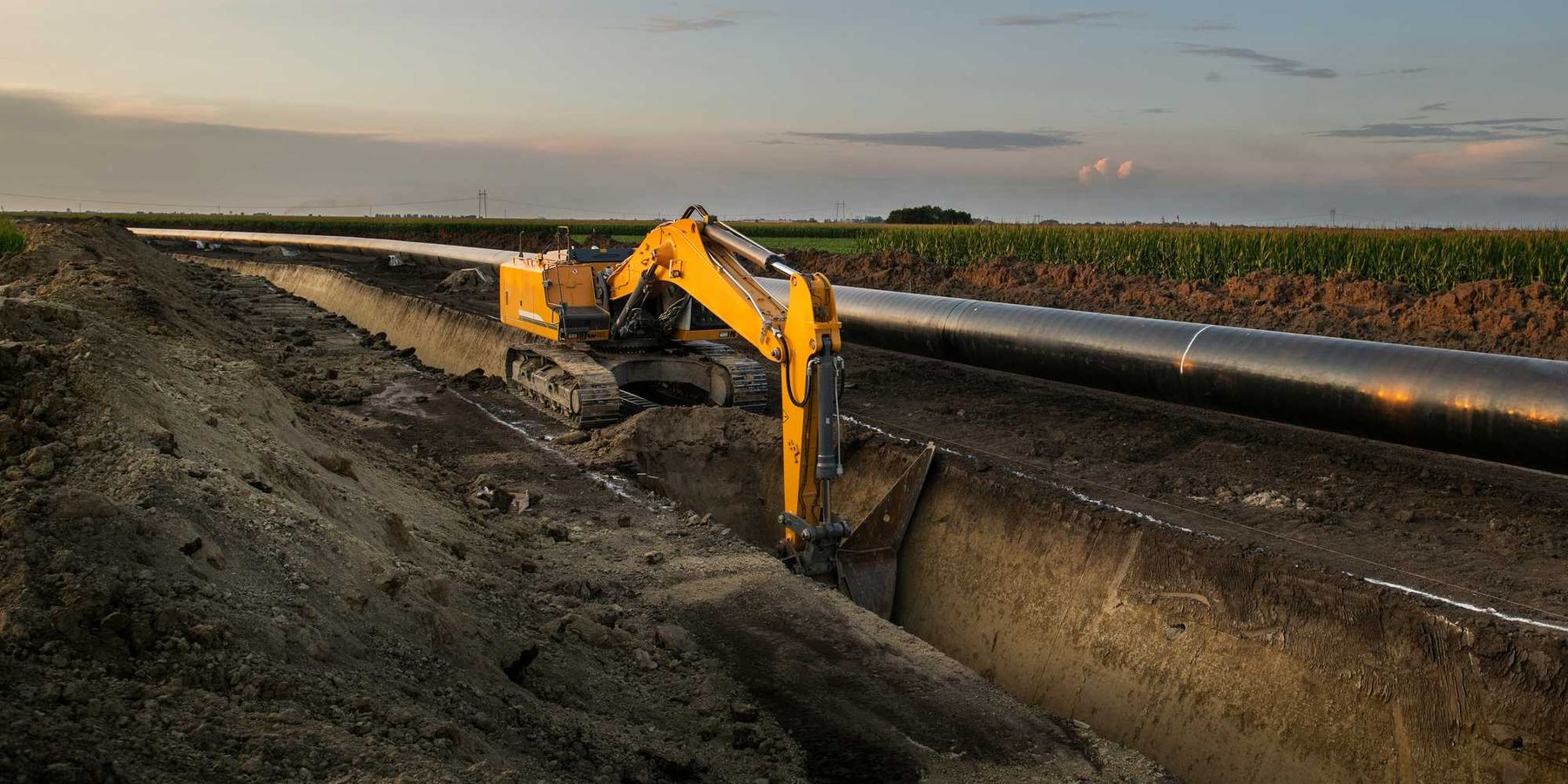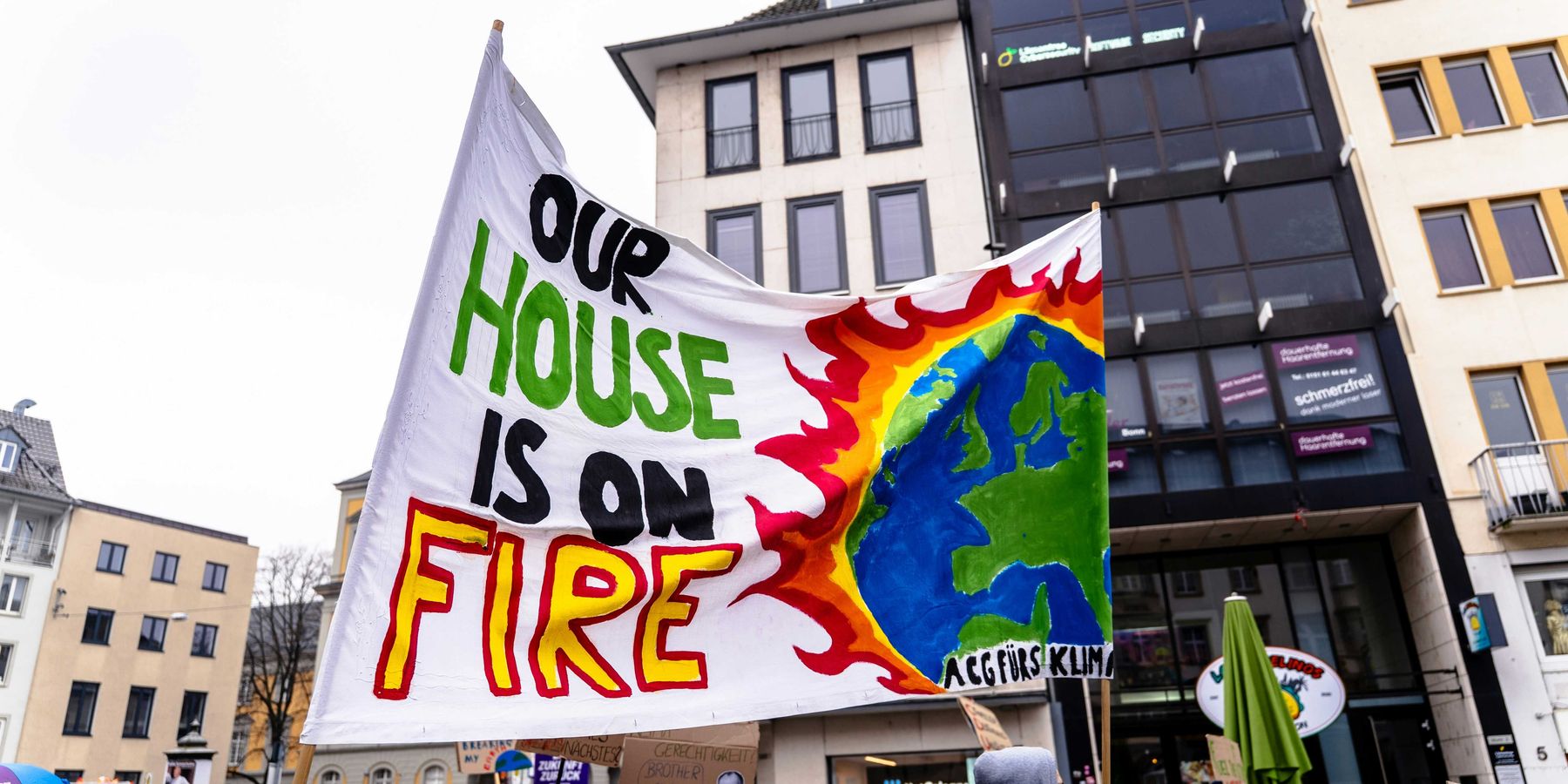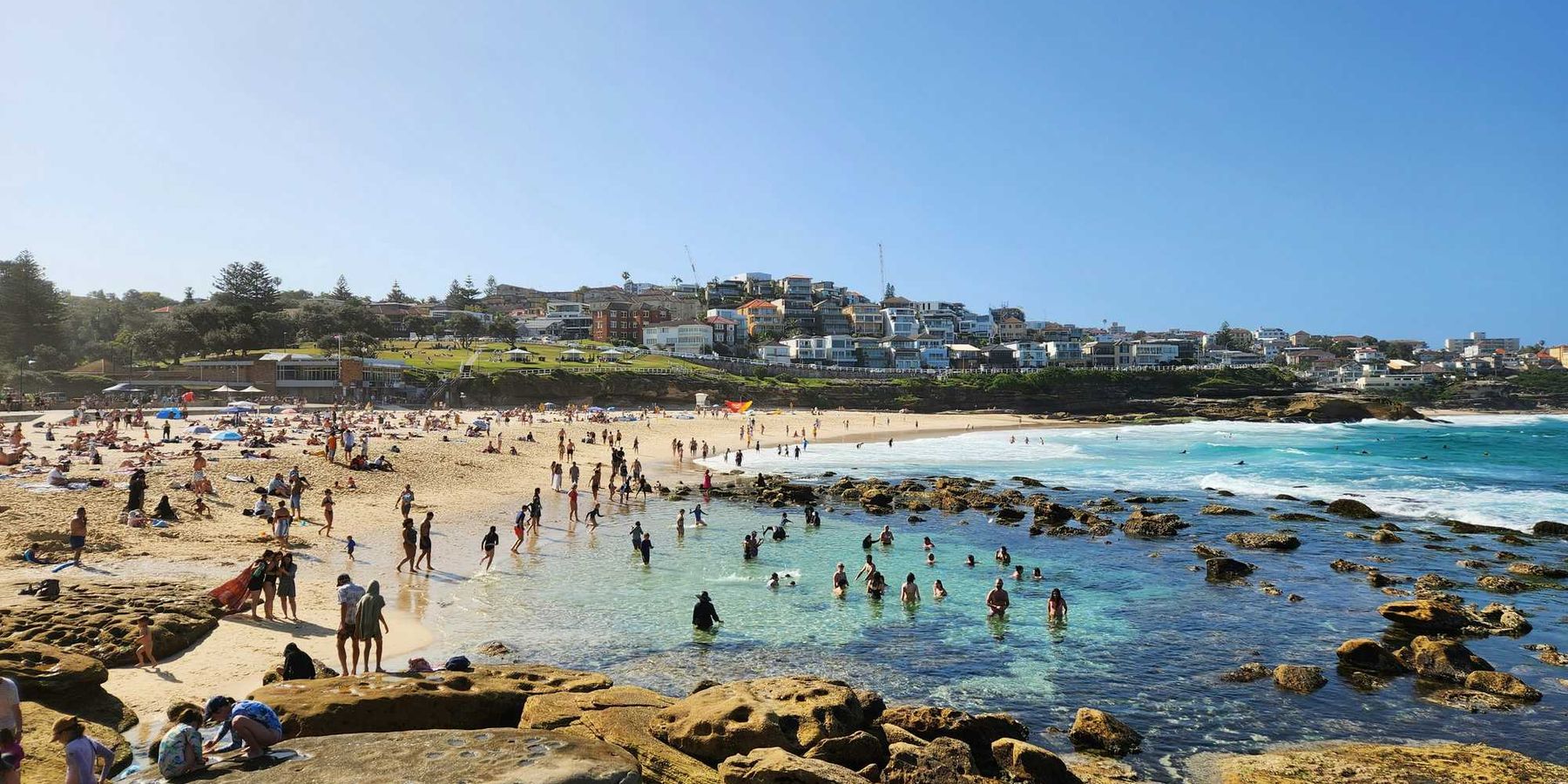A Pennsylvania community wins a reprieve on toxic fracking wastewater
Inside Climate News reporter Jon Hurdle writes that the decision by PGE to plug a well in a township of fewer than 700 residents rather than inject it with wastewater suggests that fighting the oil and gas industry may not be as futile as some would argue.
In a nutshell:
Pennsylvania General Energy has announced plans to plug an old natural gas well in Grant Township, Pennsylvania instead of converting it to hold wastewater from fracking operations, due to a geological problem that could result in natural gas leaking into underground water sources. The move comes after a decade-long legal battle between PGE, the state, and the town, where the town's assertion of local authority to control oil and gas development through a home-rule charter was deemed unconstitutional. The decision to plug the well is seen as a victory for the community and highlights the potential success of local resistance against the oil and gas industry.
Key quote:
“Did Grant Township know? No, they don’t have experts, scientists, geologists but they knew that this was a bad idea, and that this would potentially contaminate their water supply,” community organizer Chad Nicholson said. “Now we have the proof that this was a leaking well with stuff that could get into the water table.”
Big picture:
PGE's move comes after concerns were raised about the possibility of toxic fracking chemicals contaminating the town's drinking water. This victory for the community may serve as an example to other towns fighting against the oil and gas industry, demonstrating that local opposition can yield positive outcomes and protect the environment.
Read more about this community's fracking victory at Inside Climate News.
To learn more about the dangers of fracking, check out EHN's Fractured: the Body Burden of Living Near Fracking series.













